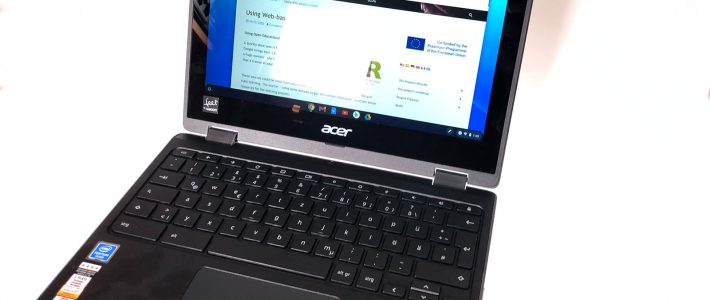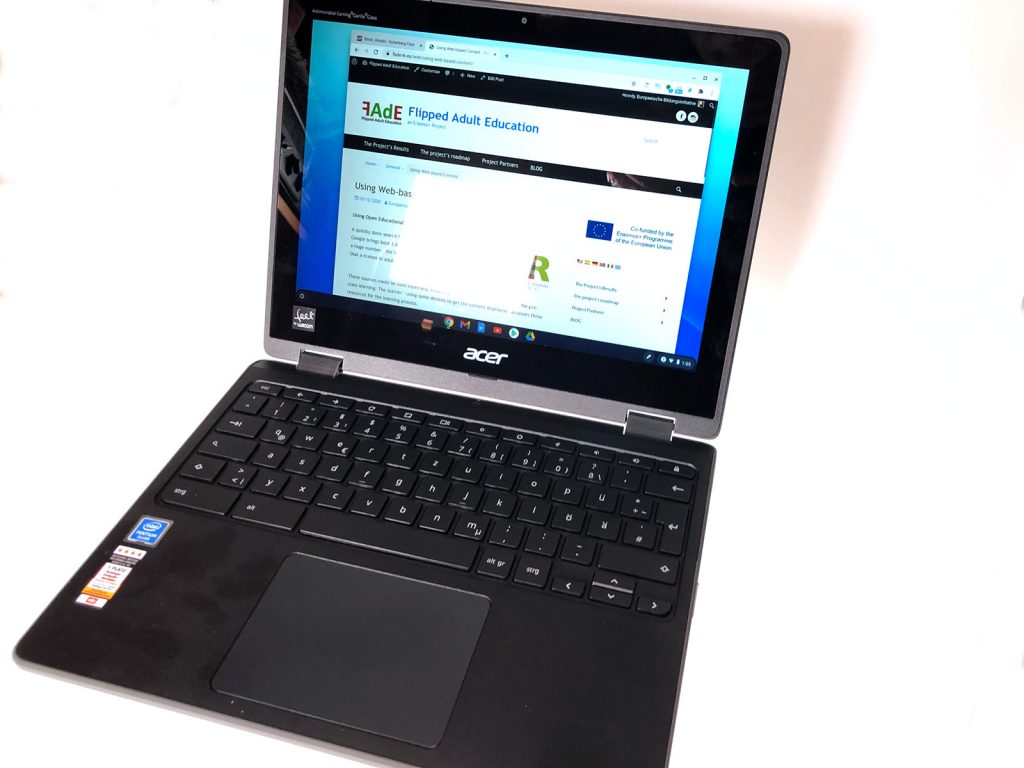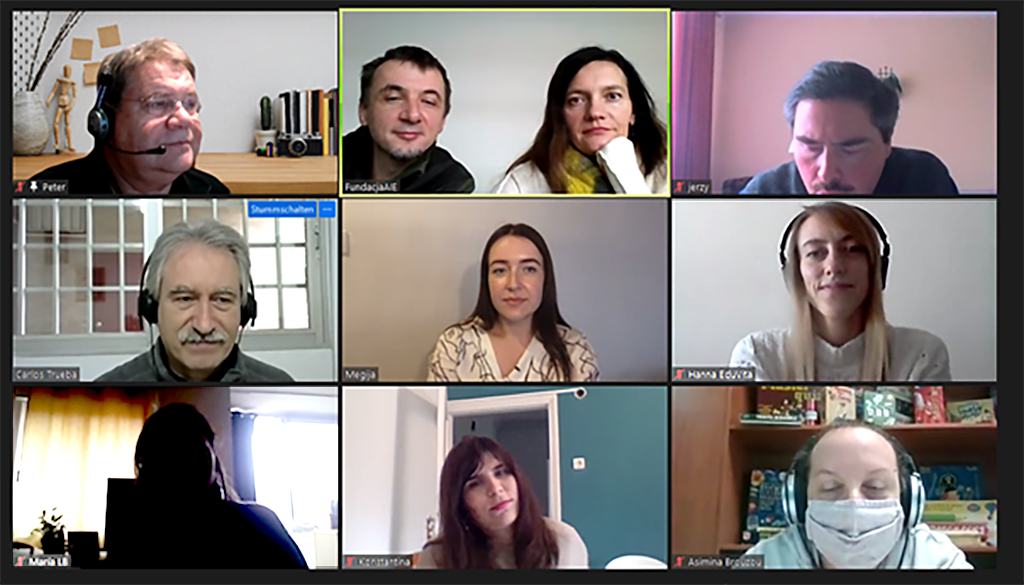BonJour! Presentation on the ICERI2024 (Seville)

In an era where digital media dominates communication and information, the BonJour! Project addresses a pressing need: enhancing media literacy for older adults. With a focus on equipping seniors aged 55+ with the skills to critically evaluate media, identify fake news, and create their own digital content, this initiative is a step towards bridging the generational digital divide and fostering social activism. As an innovation, media educators are developed. To use a Flipped Learning 3.0 approach, a low-threshold learning platform is developed. All these innovations were presented at the ICERI Conference.
A New Role: Media Educators for the Elderly
One of the project’s key innovations is the creation of a new professional role: Media Educators for the Elderly. Despite the increasing importance of digital literacy, no specialised figures currently address the unique needs of senior learners. By training educators with tailored skills, the BonJour! Project supports older adults and contributes to the professionalisation of this essential field. This type of educator was a minor topic at the ICERI conference.
The Flipped Learning Approach – ICERI Presentation
The Flipped Learning 3.0 (FL3) strategy, developed by Peter Mazohl and Harald Makl, lies at the heart of the project’s methodology. This approach incorporates:
- An Individual Learning Space: A low-threshold platform designed with accessibility in mind, featuring clear navigation, large fonts, high contrast, simple language, and multimedia content with subtitles.
- A Group Learning Space: Facilitating collaborative, face-to-face learning to reinforce skills and build confidence.
This innovative framework was showcased at ICERI2024, Europe’s largest conference on education, research, and innovation, where it garnered significant interest and positive feedback from over 800 attendees.



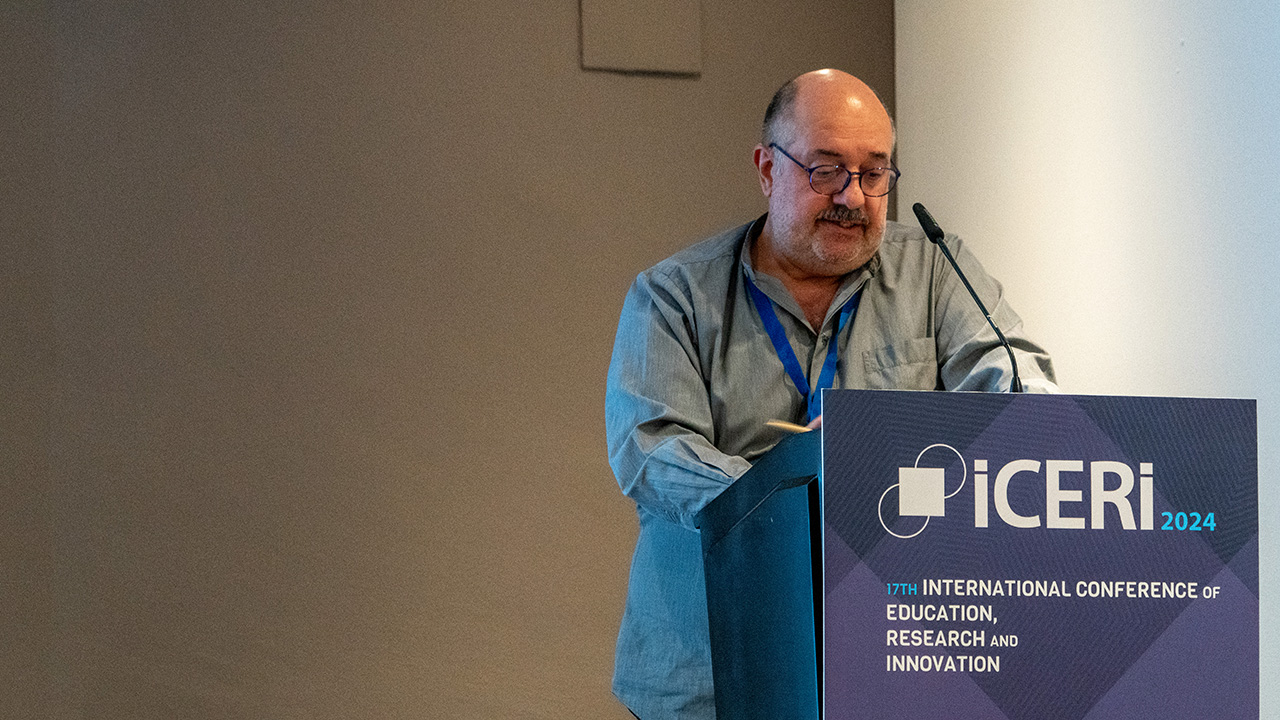
Accessible Learning for All
The project’s training course has been meticulously designed to meet the needs of elderly learners, often unfamiliar with digital tools. The platform features:
- Barrier-free design: Enhancing accessibility with customisable settings, clear layouts, and interactive multimedia content.
- Engagement tools: Including self-evaluation exercises, interactive videos, and educational games to foster active learning and improve knowledge retention.
- Focus on essential skills: Prioritising foundational levels of Bloom’s Taxonomy—remembering and understanding—through selective application exercises.
This approach ensures that seniors are not only consumers of media but active participants in the digital world.
The Urgent Need for Media Literacy Across Generations
While the BonJour! Project focuses on the 55+ demographic, the importance of media literacy extends to all age groups. Today, misinformation and fake news spread rapidly, influencing opinions, behaviours, and societal cohesion. Media literacy equips individuals to:
- Critically assess the credibility of sources.
- Recognise biases and misinformation.
- Contribute responsibly to digital discourse.
For seniors, this education is transformative. It reduces isolation, fosters intergenerational communication, and empowers them to engage with society meaningfully. However, for younger generations, media literacy is equally crucial as they navigate a digital landscape filled with unverified information and targeted content.
Driving Change for a Digital Future
The BonJour! Project not only addresses the specific needs of senior learners but also sets a precedent for inclusive, accessible, and impactful media and digityl literacy education. By combining innovative methodologies with a focus on accessibility, this initiative highlights the importance of lifelong learning in a rapidly evolving digital world. Mentioned at the ICERI, As media and digital platforms continue to shape society, empowering all generations with critical media literacy skills is no longer optional—it is essential for a more informed and connected future.
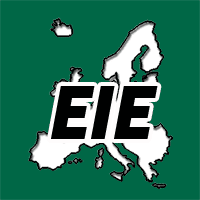
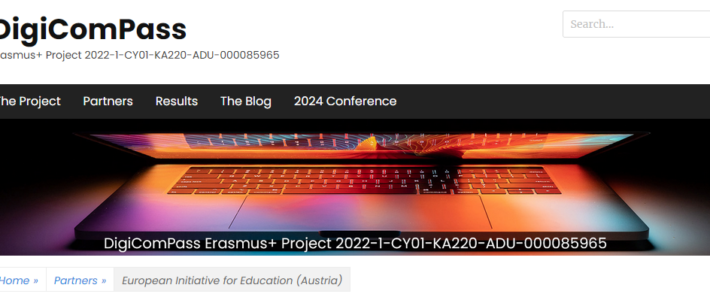

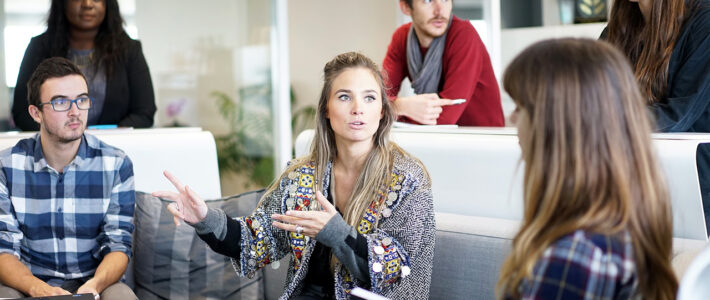
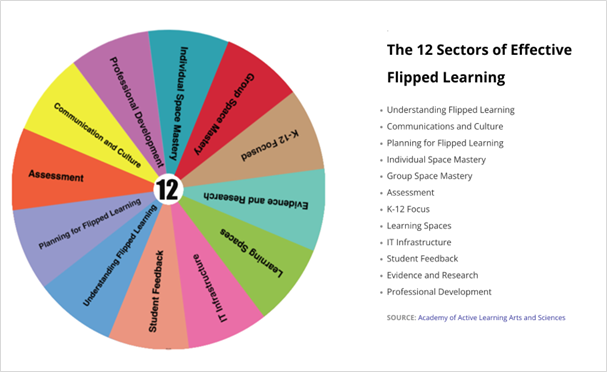
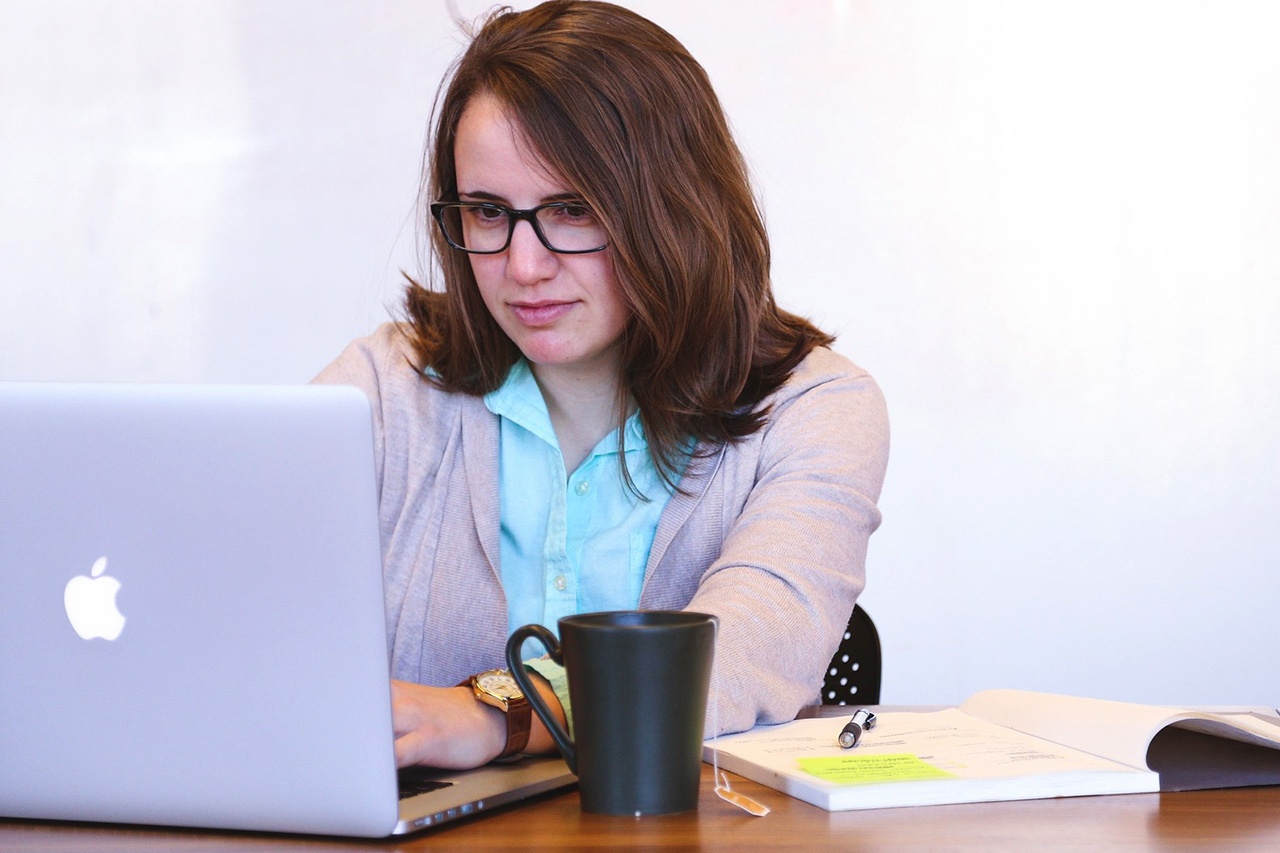

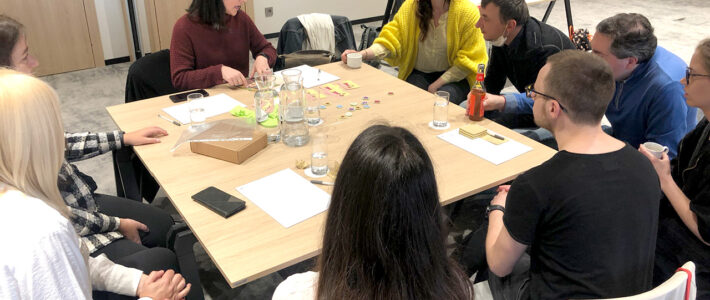
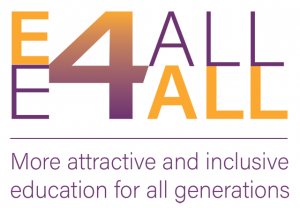
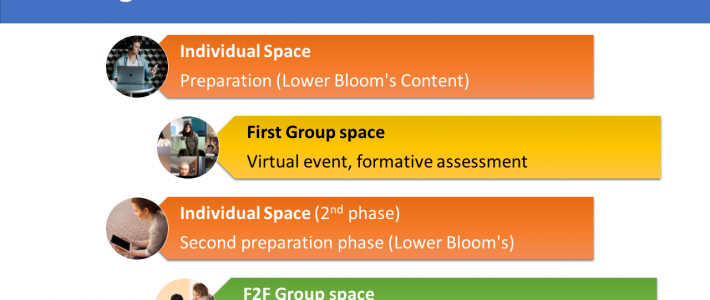
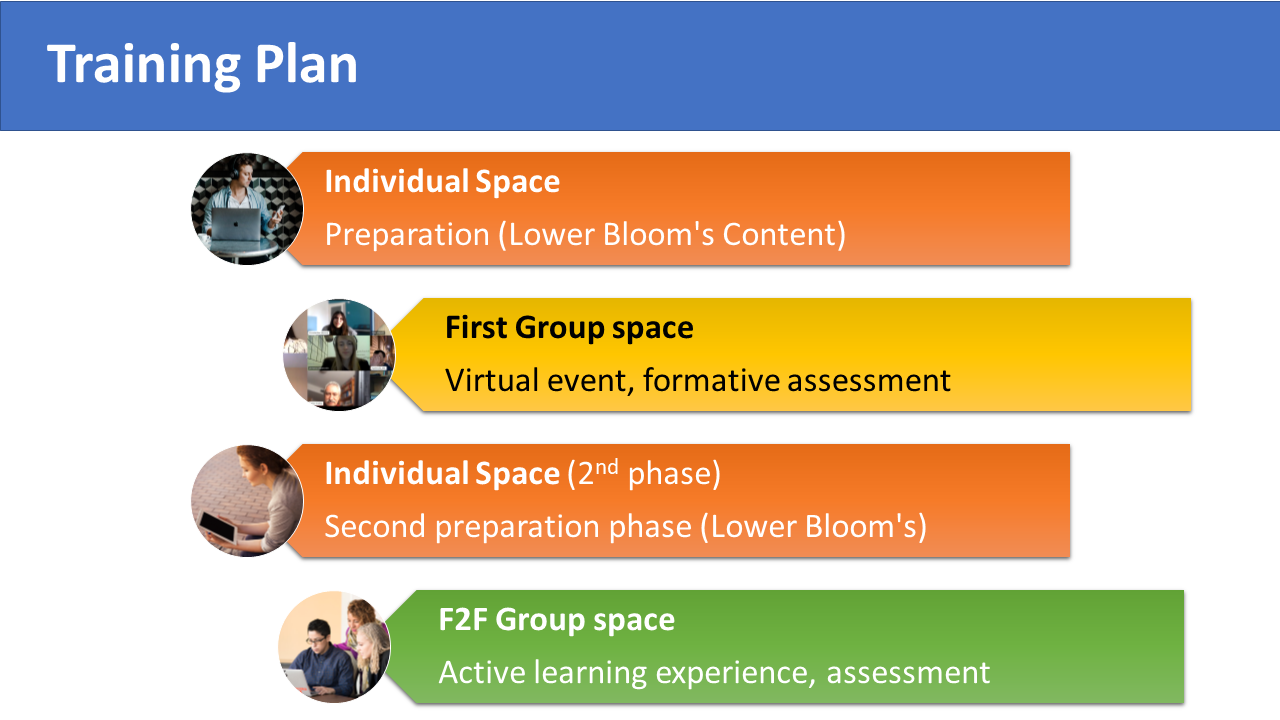
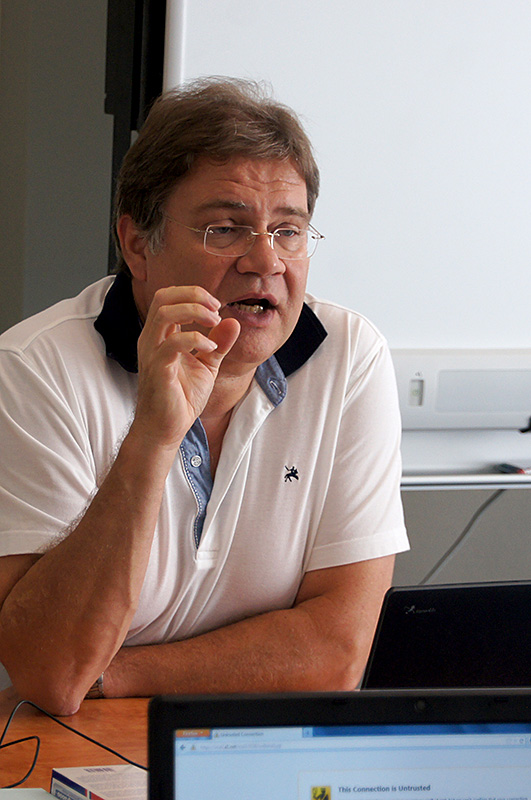 Peter Mazohl, the president of the EBI, advanced to a certified Flipped Learning teacher. He attended the course, provided by the Flipped Learning Global Initiative (link:
Peter Mazohl, the president of the EBI, advanced to a certified Flipped Learning teacher. He attended the course, provided by the Flipped Learning Global Initiative (link: 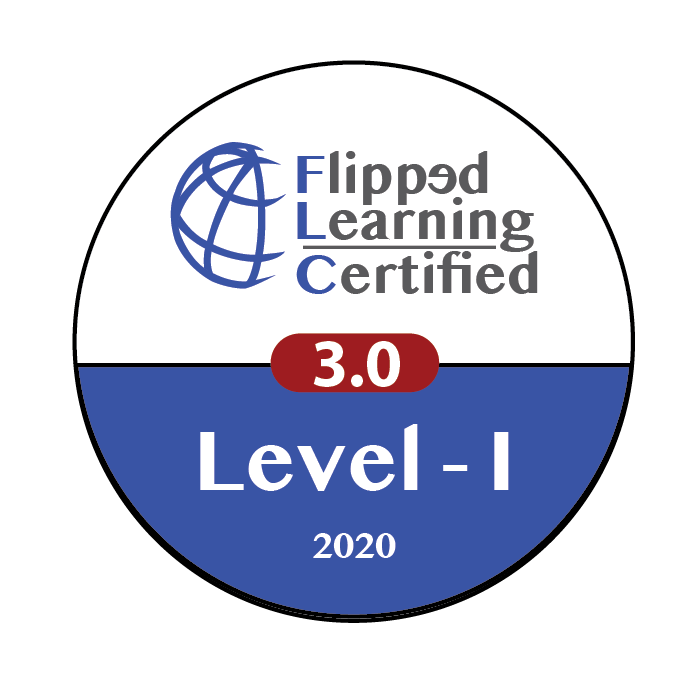 Peter Mazohl’s studies in Flipped Learning 3.0 last from 2017 and were based on his broad knowledge and praxis in teaching and training in the last 40 years. The Flipped Learning Certificate is a kind of recognition of the teaching and training competence and in some was a legitimation to work as an expert in the dissemination and implementation of Flipped Learning 3.0 in Adult Education.
Peter Mazohl’s studies in Flipped Learning 3.0 last from 2017 and were based on his broad knowledge and praxis in teaching and training in the last 40 years. The Flipped Learning Certificate is a kind of recognition of the teaching and training competence and in some was a legitimation to work as an expert in the dissemination and implementation of Flipped Learning 3.0 in Adult Education.